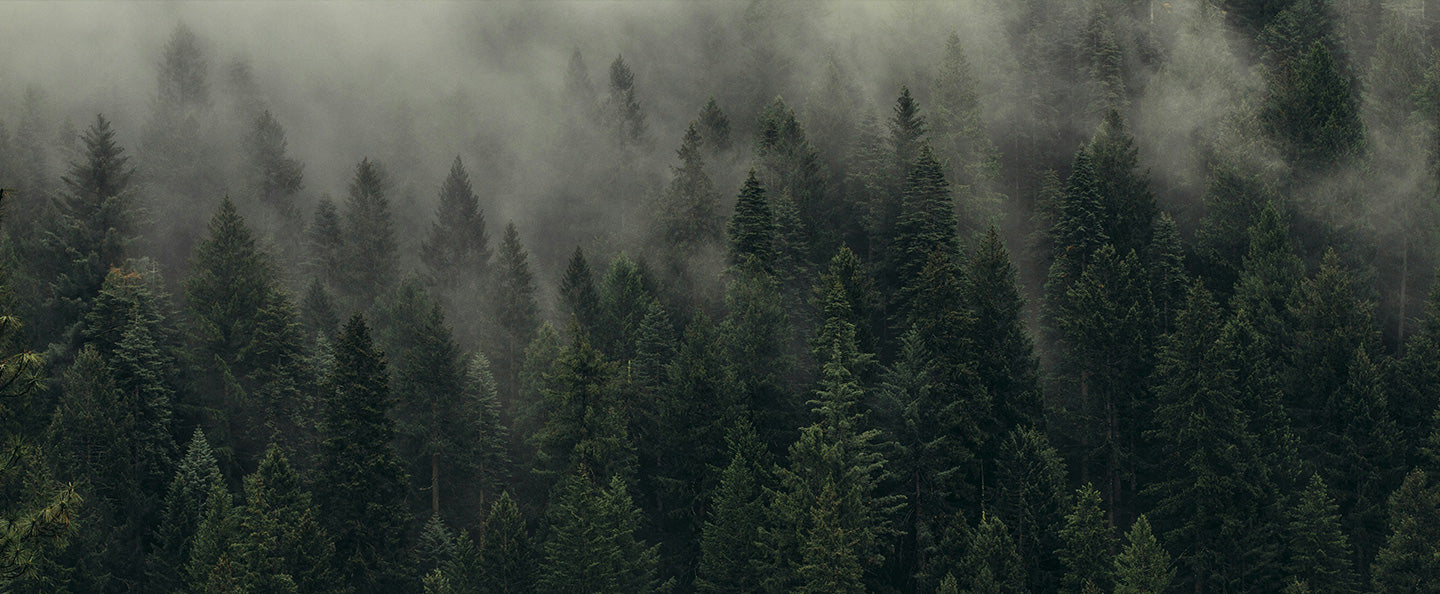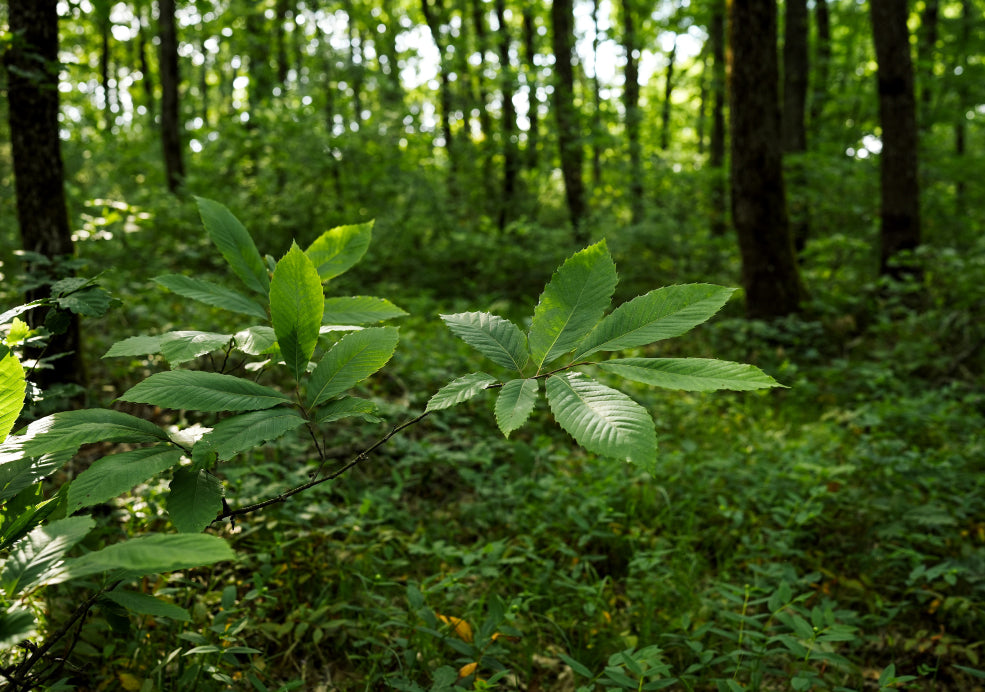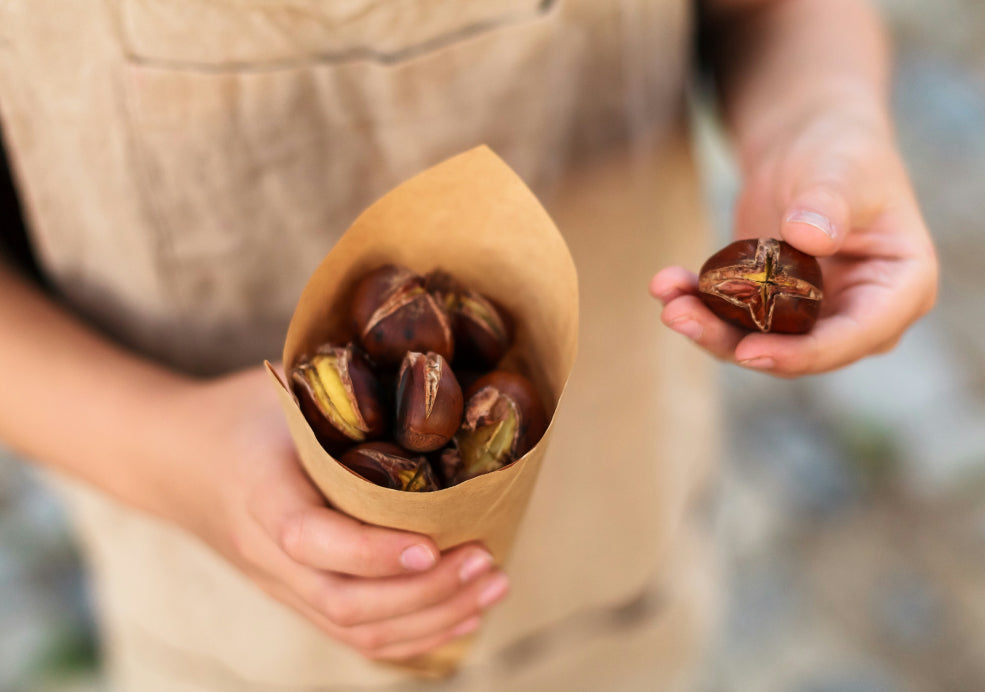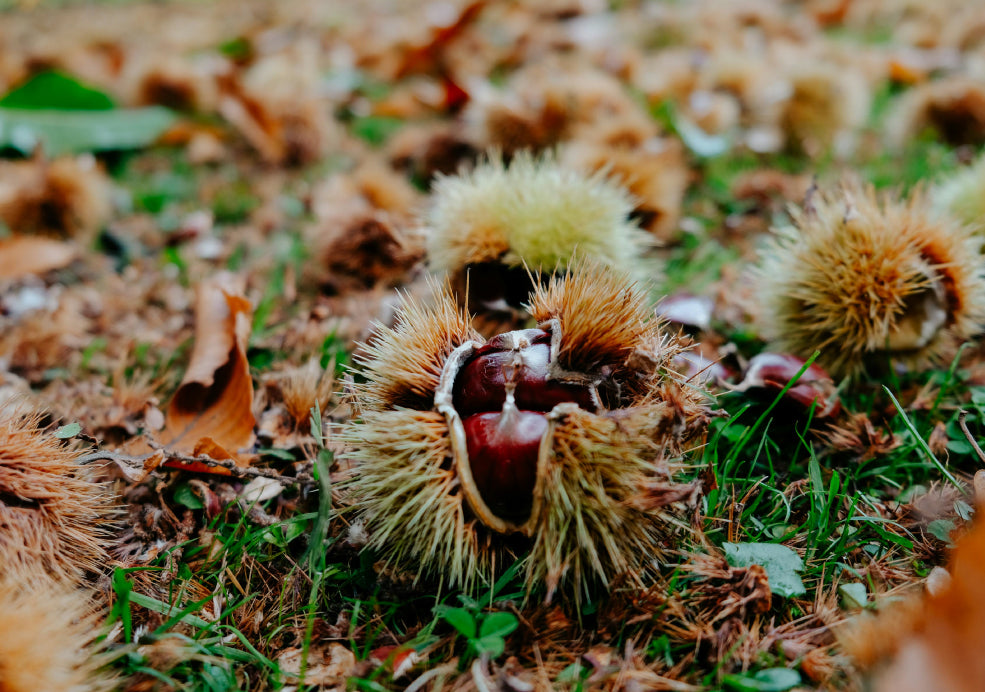Sweet Chestnut: A Majestic and Productive Presence.
Sweet chestnut trees are among the grandest of our native trees, with their tall, noble stature and deeply furrowed bark, which only grows more characterful with age. They bring a sense of history and grandeur to any garden or landscape, and their large, glossy leaves create a rich green canopy through the summer months. Come autumn, these trees take on warm golden hues, adding a touch of seasonal splendour to the garden. Whether you’re planting for their beauty or for a lasting legacy, sweet chestnuts bring a presence that’s hard to ignore.













